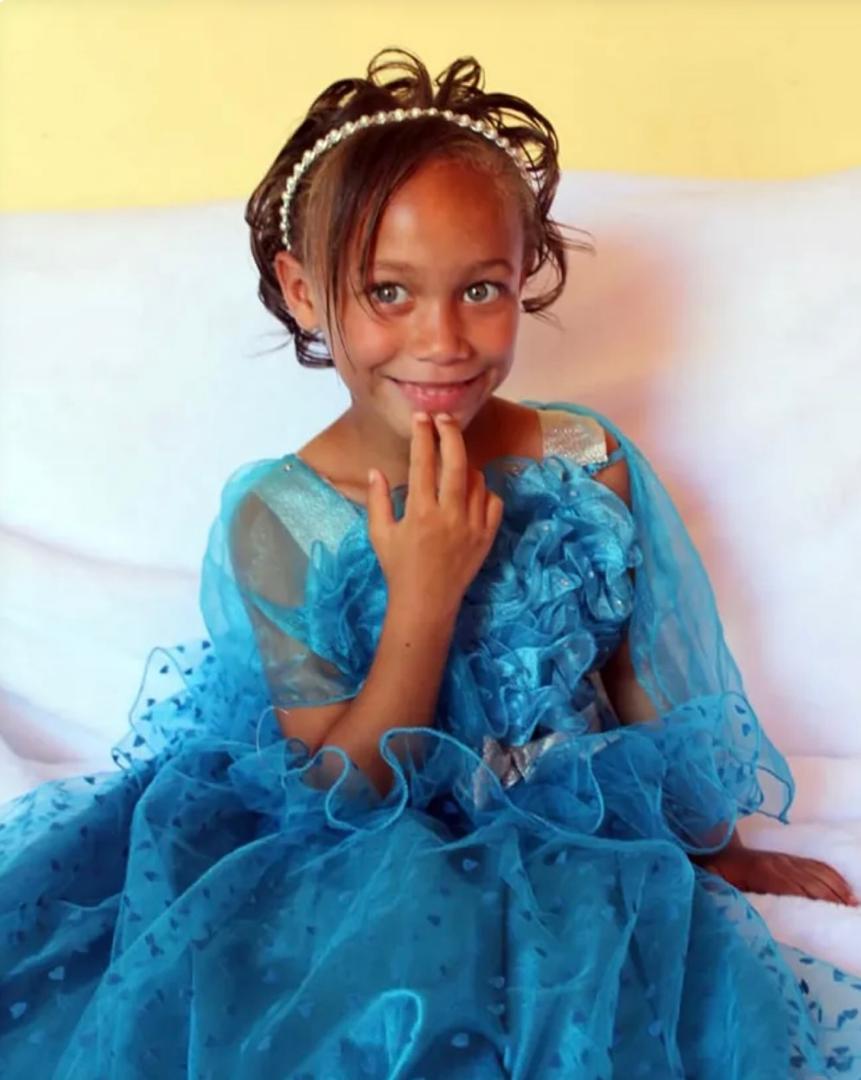DURING the funeral of an acclaimed and well-respected community leader at Ehungiro near Otjinene, a fellow traditional horse rider asked me the question: ‘Mayora, when are our heroes going to be buried in Windhoek?’
‘Why in Windhoek,’ I asked.’Because that is where the Government buries the heroes.’The day was long and exhausting. I managed to run circles around the fellow rider and after some general conversation we ate meat and parted ways. As I later drove back to the farm, the question kept coming back. And after some soul searching I brainstormed around the subject much more critically. Government has identified the concept called heroes’ acres where people of plausible standing in society are interred. Some traditional communities, the Ovaherero in particular, have also developed the tradition over the years, to bury certain people regarded as either heroes or descendants of royal houses in sacred places such as Okahandja. While this practice is regarded as solemn and acceptable by some political and some traditional communities, it remains unclear to other sectors of society. It seems that the decision-making process is rather too discretionary, either by the Head of State or King, the latter in the event that the subject is a traditional heavyweight. And it lends itself to being an obscure process, as much as it is sensitive.The reality is that society has to develop institutions based on the nation’s historical experience and the discretion for the final order must rest with some institution or somebody some place. The other reality is that, when such a decision is taken, society is left divided on why this and not the other or, why not both? Added to this is the problem of virtual isolation of the hero in question from his or her traditional community. When for example, a Chief or Crown Prince from Okangwati in the Ohopoho traditional areas is interred in Okahandja, his next of kin may be flattered by the honour. But they cannot exercise the regular rituals connected to his status the same way they would if the subject was buried in his or her traditional village. And in the end, the subject is relegated a status less than traditional. His brothers, sisters, wives and children cannot be buried in line with him because it is geographically distant or, the rules and regulations governing the graveyard where the subject is interred are not well disposed towards traditional dictates or even the wishes of the next of kin for that matter.Should we, therefore, continue to bury our heroes distances away from their traditional habitats, where their historical contribution is more recognised and respected? Should we nationally have a heroes’ acre located in one region or should we entrench the concept yet decentralise the location/s called heroes’ acres, to give accommodation to the heroes whose roles are spread or prominent in certain localities, to also be interred in the localities of relevance or choice by the next of kin?Maybe it is important to consider enabling the families to have a prominent role in the final say on where the hero in question should be laid to rest.Heroes are important to society and they deserve recognition. Heroes are more than traditional leaders and/or political animals and due regard must be given by those who are charged with the final decision-making prerogative to the fact that a hero to one is not necessarily a hero to others. This reality calls for a process of broader consultation with national institutions such as families, civil society and others.
Stay informed with The Namibian – your source for credible journalism. Get in-depth reporting and opinions for
only N$85 a month. Invest in journalism, invest in democracy –
Subscribe Now!










